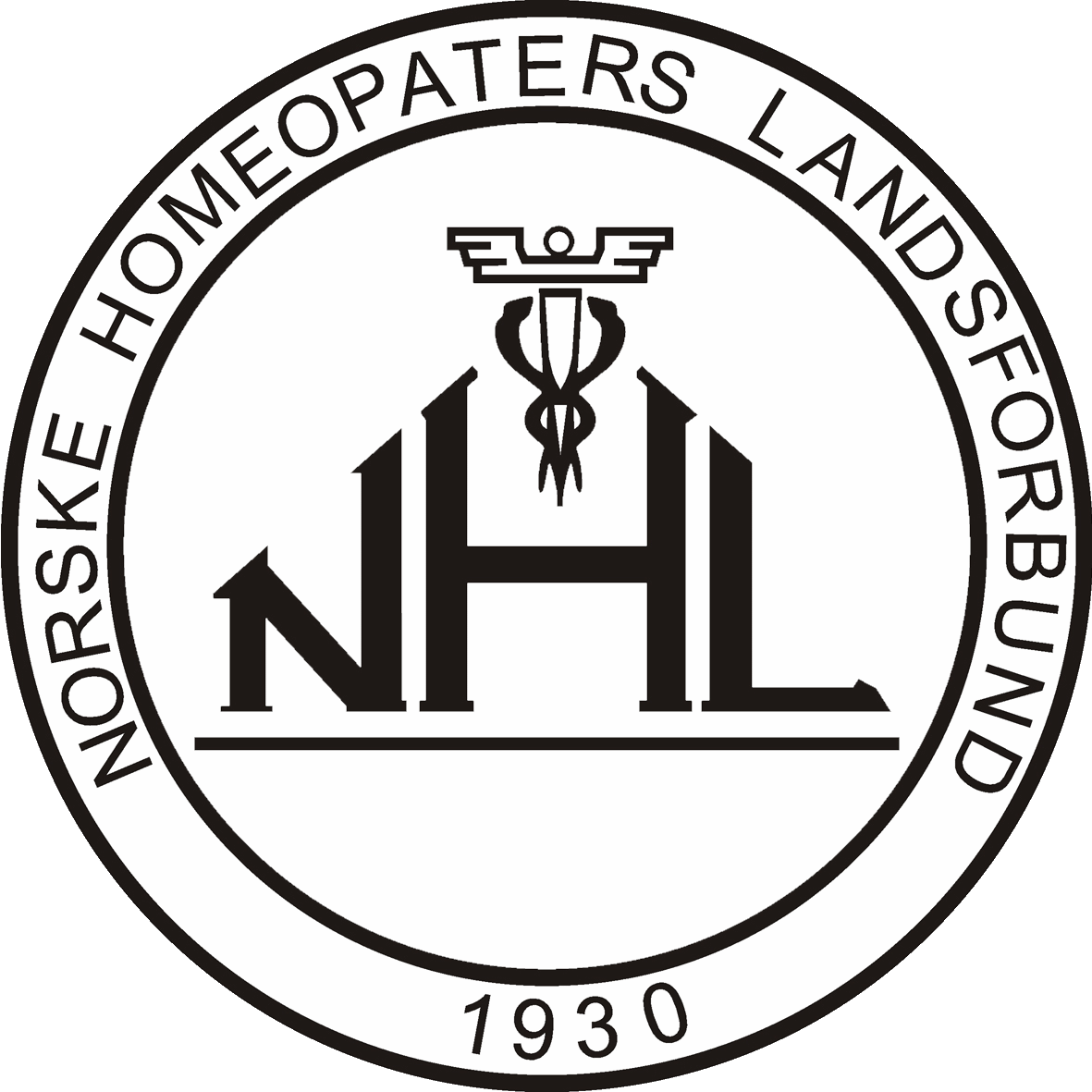deperssOriginal Article
eCAM Advance Access published August 17, 2009
Homeopathic Individualized Q-potencies versus Fluoxetine for Moderate to Severe Depression: Double-blind, Randomized Non-inferiority Trial
U. C. Adler, N. M. P. Paiva, A. T. Cesar, M. S. Adler, A. Molina, A. E. Padula and H. M. Calil
Faculdade de Medicina de Jundiaı ́, Homeopathy Graduation Programme, Department of Psychobiology, Universidade Federal de Sa ̃o Paulo, Sa ̃o Paulo, Brazil
Homeopathy is a complementary and integrative medicine used in depression, The aim of this study is to investigate the non-inferiority and tolerability of individualized homeopathic medicines [Quinquagintamillesmial (Q-potencies)] in acute depression, using fluoxetine as active control. Ninety-one outpatients with moderate to severe depression were assigned to receive an individualized homeopathic medicine or fluoxetine 20 mg day–1 (up to 40 mg day–1) in a pro- spective, randomized, double-blind double-dummy 8-week, single-center trial. Primary efficacy measure was the analysis of the mean change in the Montgomery & A ̊ sberg Depression Rating Scale (MADRS) depression scores, using a non-inferiority test with margin of 1.45. Secondary efficacy outcomes were response and remission rates. Tolerability was assessed with the side effect rating scale of the Scandinavian Society of Psychopharmacology. Mean MADRS scores differences were not significant at the 4th (P1⁄40.654) and 8th weeks (P1⁄40.965) of treatment. Non-inferiority of homeopathy was indicated because the upper limit of the confidence interval (CI) for mean difference in MADRS change was less than the non-inferiority margin: mean differences (homeopathy–fluoxetine) were

